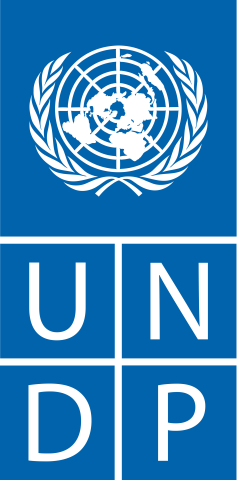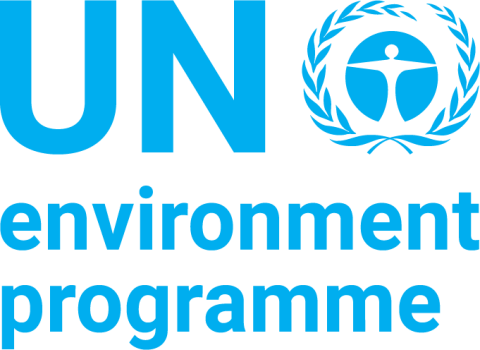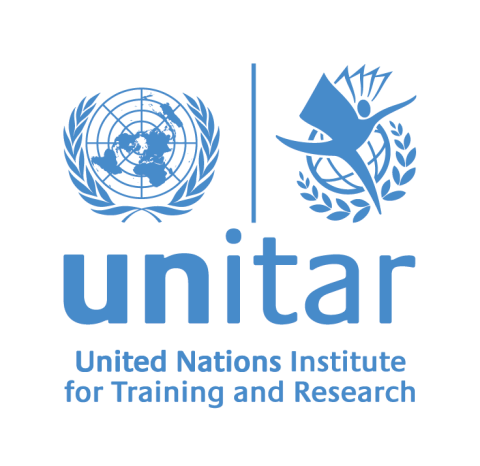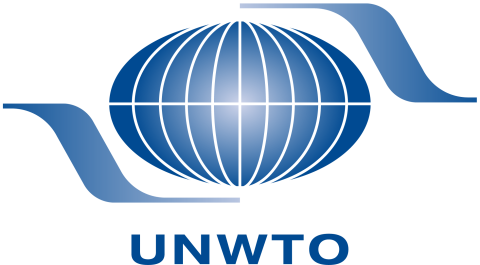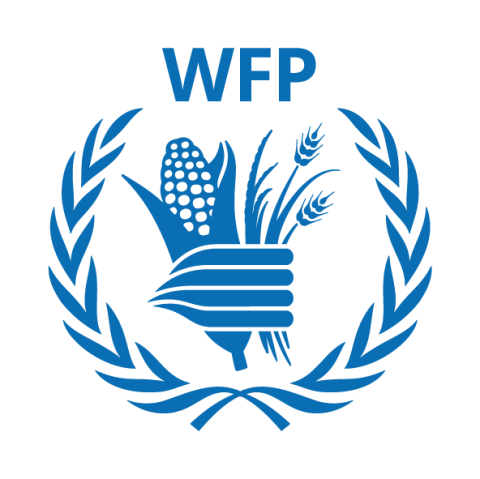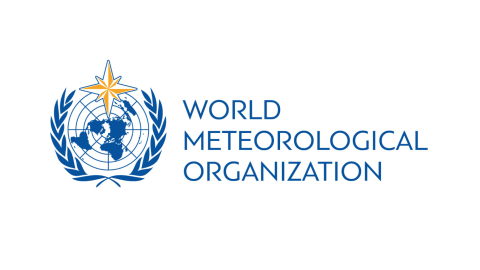
Строка навигации
- Эта страница была переведена с помощью машинного перевода. Подробнее.
Вы знали...
Цели в области охраны окружающей среды на период до 2030 года определены в нескольких из 17 Целей устойчивого развития :
- Цель 13 , борьба с изменением климата
- Цель 14 : сохранение океанов, морей и морских ресурсов
- Цель 15 : защита и восстановление наземных экосистем
- Цель 7 : обеспечение доступа к недорогой и надежной чистой энергии и к безопасным источникам воды для всех
- Цель 12 : разработка более устойчивых привычек и норм производства и потребления.
2023...
Год был полон надежд для окружающей среды: государства достигли соглашений по нескольким ключевым пунктам:
Сокращение загрязнения
В Женеве действует ряд международных экологических соглашений, а именно Базельская, Роттердамская и Стокгольмская конвенции, которые касаются опасных отходов, химикатов и пестицидов, а также органических загрязнителей соответственно. Кроме того, Конвенция Минамата обращает внимание на угрозу выбросов ртути. Все они преследуют цель защиты здоровья человека и окружающей среды от опасных остаточных продуктов.
Секретариаты этих конвенций организуют встречи с государствами-членами для отслеживания прогресса и рассмотрения новых разработок в их областях. Кроме того, они помогают государствам в воплощении их обязательств в действия на национальном уровне. Например, сотрудники Секретариата могут оказывать техническую поддержку и проводить обучение, чтобы помочь правительствам в разработке нового законодательства об опасных материалах.
Пример 1: Борьба с пластиковыми отходами в соответствии с Базельской конвенцией
Базельская конвенция в настоящее время является единственным международным соглашением, охватывающим пластиковые отходы и их транспортировку через границы . Под ее эгидой было создано Партнерство по пластиковым отходам, чтобы объединить правительства, бизнес и гражданское общество для сокращения пластиковых отходов и поиска новых способов переработки существующих отходов.
Пилотный проект, инициированный Секретариатом Базельской конвенции, был направлен на решение проблемы пластиковых рыболовных сетей в Гане, которые часто оставляют их владельцы, загрязняя моря, убивая рыбу и угрожая средствам к существованию местных общин. Проект приглашал членов общин собирать и возвращать пластиковые сети в обмен на небольшую плату. Затем сети перерабатывались в текстиль или другие повседневные продукты.

Пример 2: Опасные стандарты красоты под контролем: Конвенция Минамата
Одним из примеров работы Минаматской конвенции является кампания по повышению осведомленности, использующая такие лозунги, как: «Истинное сияние исходит изнутри, а не от ртути» или «Яркость не в вашей коже, яркость — это то, кто вы есть».
Во многих продуктах для осветления кожи используется ртуть, которая может вызывать беспокойство и депрессию, повреждать кожу, нервную и иммунную системы. ЮНЕП и Минаматская конвенция повышают осведомленность, чтобы попытаться преодолеть расистские стандарты красоты, побуждающие цветных людей использовать эти продукты. Эта тема также обсуждалась на последней Конференции сторон Конвенции в октябре 2023 года.
Защита видов, восстановление природных ресурсов
Широкий спектр многосторонних экологических соглашений под патронажем Программы ООН по окружающей среде охватывает несколько конвенций по сохранению видов растений и животных и защите целых экосистем. Две из этих конвенций имеют свои секретариаты, расположенные в Женеве:
Конвенция о международной торговле видами дикой фауны и флоры, находящимися под угрозой исчезновения (СИТЕС), контролирует международную торговлю видами растений и животных, находящимися под угрозой исчезновения, для обеспечения их выживания. Учитывая огромную ценность редких продуктов животного происхождения, таких как зубы тигра или слоновая кость, а также растений, древесины или лекарственных трав, необходимо принять строгие законы для сдерживания торговли ими. В этом отношении СИТЕС защищает более 40 000 видов растений и животных. Государства, подписавшие Конвенцию, должны перевести ее содержание в национальное законодательство и ограничить законную и, следовательно, незаконную торговлю природными товарами.
Тегеранская конвенция (о защите Каспийского моря и его морской среды) является региональным соглашением между пятью государствами, прилегающими к Каспийскому морю: Азербайджаном, Ираном, Казахстаном, Российской Федерацией и Туркменистаном. Каспийское море является крупнейшим озером в мире, и оно является домом для многочисленных видов, которые можно встретить только в этом регионе. Тегеранская конвенция направлена на защиту этих видов и их среды обитания, а также на предотвращение загрязнения морской среды.
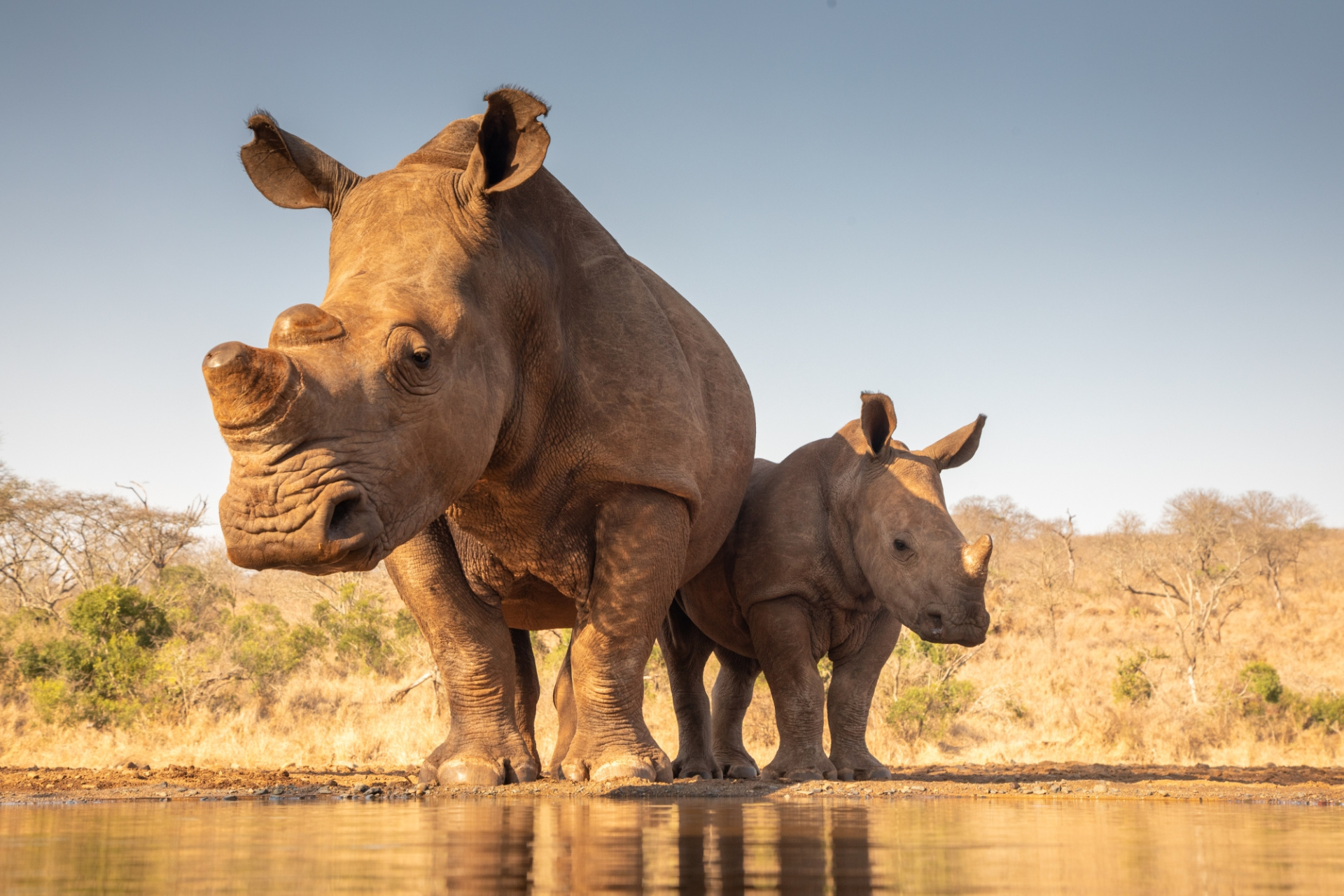
Борьба с последствиями глобального потепления
Защита окружающей среды во всех ее измерениях является одной из главных задач ООН в этом десятилетии и в последующие десятилетия. Однако Организация также несет ответственность за защиту людей, которые больше всего страдают от изменения климата и ухудшения состояния окружающей среды, и за оснащение их инструментами для самозащиты. Количество бедствий, связанных с климатом, почти удвоилось по сравнению с предыдущими 20 годами. Засухи, наводнения, лесные пожары и другие бедствия загоняют людей в нищету, отнимая у них дома, поля и урожай, а также все остальное, что они создавали годами. Управление ООН по снижению риска бедствий (UNDRR) помогает странам, городам и сообществам разрабатывать механизмы, которые могут лучше противостоять этим экологическим угрозам, например, разрабатывая системы раннего оповещения, которые оповещают население до того, как произойдет бедствие; строя дома в безопасных местах; или помогая правительствам разрабатывать и обеспечивать соблюдение лучших строительных норм и правил, что снижает вероятность обрушения домов в случае бедствия.
Исследования и обучение
Всемирная метеорологическая организация (ВМО) со штаб-квартирой в Женеве отслеживает развитие погоды, климата, воды и других экологических показателей по всему миру с помощью множества обсерваторий и обширных климатических исследований. Офис работает с правительствами на национальном и местном уровнях, чтобы указать на источники проблем, таких как высокие выбросы парниковых газов или плохое качество воздуха.
Совместные усилия ВМО и Программы ООН по окружающей среде, Межправительственная группа экспертов по изменению климата (МГЭИК) предоставляет правительствам научную информацию об изменении климата. Эксперты МГЭИК анализируют существующие исследования и рисуют будущие сценарии — основу для правительств, корректирующих свою политику в области климата.
Учебный и научно-исследовательский институт ООН (ЮНИТАР) предлагает множество учебных программ, посвященных сохранению и восстановлению окружающей среды, например, в миротворческих миссиях, а в более широком смысле — устойчивому развитию.
Организации, работающие в сфере защиты окружающей среды
Группа Всемирного банка — международное финансовое учреждение, миссия которого — положить конец крайней бедности и способствовать всеобщему процветанию на пригодной для жизни планете. Он работает во всех основных областях развития и предлагает широкий спектр финансовых продуктов и технической помощи [...]
ПРООН является ведущей организацией системы Организации Объединенных Наций, борющейся за искоренение несправедливости бедности, неравенства и изменения климата. Работая с широкой сетью экспертов и партнеров в 170 странах, агентство помогает нациям создавать комплексные и долговременные решения для [...]
Управление ООН по снижению риска бедствий (UNDRR) работает над существенным снижением риска бедствий и потерь для обеспечения устойчивого будущего. UNDRR (ранее известный как UNISDR) является координационным центром системы Организации Объединенных Наций по снижению риска бедствий и хранителем [...]
Программа Организации Объединенных Наций по окружающей среде (ЮНЕП) является ведущим мировым экологическим органом, который определяет глобальную повестку дня в области окружающей среды, способствует последовательному осуществлению экологического аспекта устойчивого развития в рамках системы [...]
Являясь специальным учебным подразделением системы Организации Объединенных Наций, Учебный и научно-исследовательский институт Организации Объединенных Наций (ЮНИТАР) предоставляет инновационные решения в области обучения отдельным лицам, организациям и учреждениям для улучшения глобального процесса [...]
Управление Организации Объединенных Наций по наркотикам и преступности (УНП ООН) призвано сделать мир более безопасным от наркотиков, организованной преступности, коррупции и терроризма. Организация привержена достижению здоровья, безопасности и справедливости для всех путем устранения этих угроз и [...]
ЮНОПС помогает ООН и ее партнерам обеспечивать мир и безопасность, гуманитарные решения и решения в области развития. Их миссия состоит в том, чтобы помочь людям построить лучшую жизнь, а странам достичь мира и устойчивого развития.
Они сосредоточены на реализации, привержены ценностям ООН и [...]
Присутствие ЮНВТО в Женеве может существенно усилить положительное воздействие туризма как двигателя развития. В рамках объема работы Женевского отделения связи ЮНВТО (GVLO) по представлению ЮНВТО в системе ООН и дипломатических миссиях в Женеве, а также по созданию стратегических партнерских [...]
Всемирная продовольственная программа Организации Объединенных Наций (ВПП) — крупнейшая в мире гуманитарная организация, спасающая жизни в чрезвычайных ситуациях и использующая продовольственную помощь для прокладывания пути к миру, стабильности и процветанию для людей, восстанавливающихся после [...]


